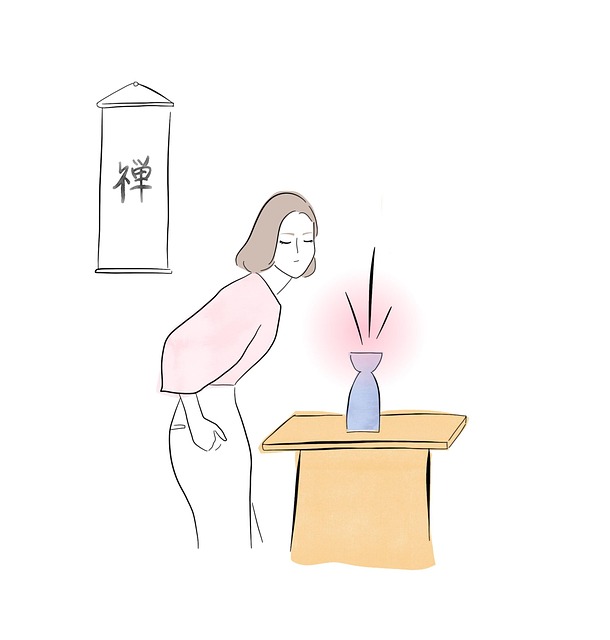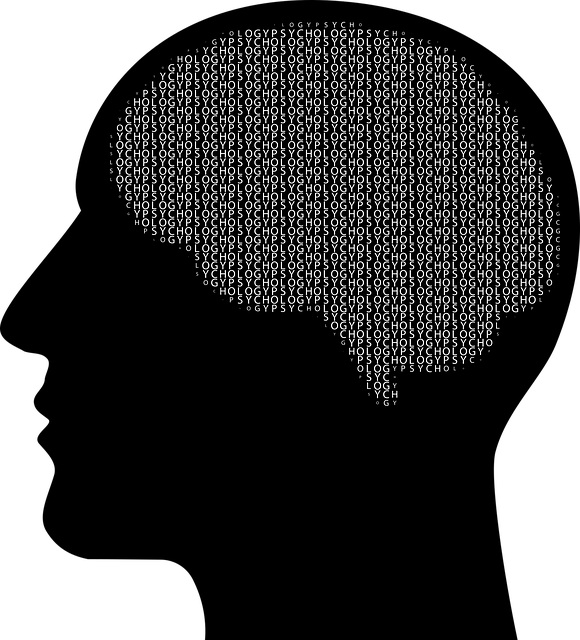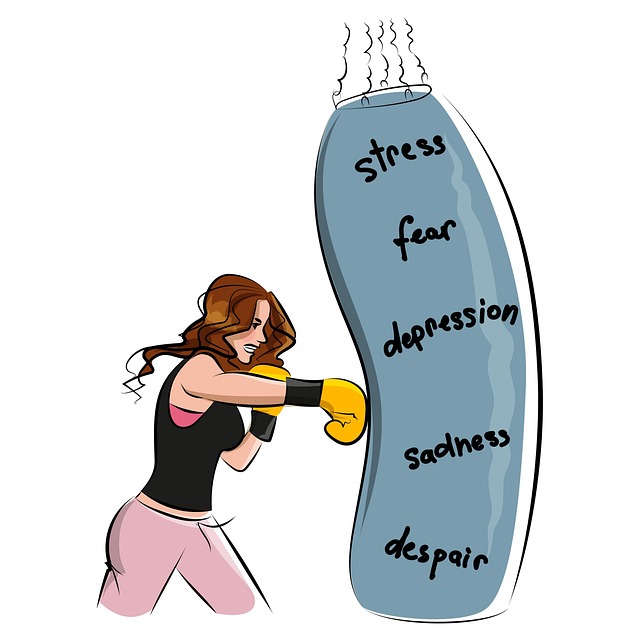Castle Rock Young Adults Therapy focuses on building resilience in young adults through the RFM framework (Resourcefulness, Flexibility, Mastery), empowering them with coping skills for stress management and problem-solving. Their specialized approach combines individual therapy, group sessions, mindfulness exercises, and cultural competency training to enhance mental wellness, reduce stigma around mental illness, and prepare clients to confidently navigate life's challenges. By integrating RFM techniques into daily life—like mindfulness practices, adaptability, and journaling—young adults can cultivate present-moment awareness, emotional resilience, and improved overall well-being.
“Resilience is a powerful tool for navigating life’s challenges, especially for young adults. In today’s fast-paced world, fostering resilience early on is crucial. This article explores RFM (Recovery, Flexibility, and Mastery), a comprehensive framework to build resilience. We delve into the significance of resilience in youth development and introduce Castle Rock Young Adults Therapy, an innovative approach. Discover various exercises to enhance resilience and learn practical strategies for integrating RFM into daily life, inspired by the transformative power of Castle Rock’s methodology.”
- Understanding RFM: A Framework for Resilience
- The Importance of Building Resilience in Young Adults
- Castle Rock Young Adults Therapy: An Approach to Strengthening Resilience
- Types of Resilience-Building Exercises
- Implementing RFM in Daily Life: Strategies for Success
Understanding RFM: A Framework for Resilience

Resilience is a cornerstone of mental well-being, especially for young adults navigating life’s challenges. At Castle Rock Young Adults Therapy, we emphasize the importance of developing coping skills that empower individuals to face adversity head-on. The RFM framework provides a structured approach to building resilience by focusing on Resourcefulness, Flexibility, and Mastery.
Resourcefulness involves recognizing and leveraging personal strengths, knowledge, and support networks during difficult times. Flexibility entails adapting to change and embracing different perspectives, fostering a growth mindset. Mastery refers to the pursuit of skills and knowledge that enhance problem-solving abilities and decision-making. Through these principles, individuals gain tools for managing stress, anxiety relief, and effective coping strategies, all crucial elements in public awareness campaigns development aimed at promoting mental health.
The Importance of Building Resilience in Young Adults

Building resilience is an essential aspect of empowering young adults to navigate the challenges they face in Castle Rock Young Adults Therapy and beyond. In today’s fast-paced world, this generation encounters various stressors and pressures that can significantly impact their mental well-being. The ability to adapt and bounce back from adversity is a crucial skill, enabling individuals to lead fulfilling lives and achieve their goals despite obstacles. By fostering resilience, therapy sessions can help young adults develop the tools necessary to manage stress effectively, cope with difficult emotions, and build a positive sense of self.
Resilience-building exercises go beyond traditional therapy methods, offering engaging activities like social skills training and stress management workshops organized by dedicated organizations. These initiatives aim to equip young adults with healthy coping mechanisms, enhance their problem-solving abilities, and reduce the stigma associated with mental illness. Through group discussions, interactive games, and creative expression, participants learn to embrace challenges as opportunities for growth. As a result, they develop a stronger sense of resilience, which is vital for maintaining good mental health and overall well-being throughout their lives.
Castle Rock Young Adults Therapy: An Approach to Strengthening Resilience

Castle Rock Young Adults Therapy offers a unique and effective approach to building resilience among young adults. This therapeutic model recognizes that today’s youth face numerous challenges, from academic pressures to social media’s constant comparison trap. As such, it provides tailored strategies to enhance their coping mechanisms and promote mental wellness. The therapy focuses on empowering individuals to develop a strong sense of self-worth and resilience, enabling them to navigate life’s stressors with newfound confidence.
Through various exercises and techniques, Castle Rock Young Adults Therapy facilitates the development of healthy habits for stress reduction methods. It encourages clients to explore their emotions, cultivate positive thinking, and discover personalized strategies to build mental fortitude. This holistic approach not only prepares young adults for the challenges ahead but also paves the way for a fulfilling and balanced adult life, setting the stage for the successful production of a Mental Wellness Podcast Series focused on resilience-building.
Types of Resilience-Building Exercises

Resilience-building exercises are a crucial component of mental health and well-being, especially for young adults navigating life’s challenges. These activities aim to strengthen an individual’s ability to cope with stress, adversity, and trauma, fostering a sense of inner strength and resilience. At Castle Rock Young Adults Therapy, we offer a range of tailored approaches to cater to diverse needs.
One effective method is through self-awareness exercises, which encourage individuals to recognize their emotions, thoughts, and triggers. This introspective process allows for better understanding of one’s reactions to stressful situations, enabling healthier coping mechanisms. Additionally, group therapy sessions can facilitate the development of inner strength by providing a safe space for sharing experiences and learning from peers, thereby enhancing social support and resilience. These exercises, coupled with Healthcare Provider Cultural Competency Training, ensure that young adults receive holistic care that respects their unique cultural backgrounds and promotes long-term mental health.
Implementing RFM in Daily Life: Strategies for Success

Implementing RFM (Resilience, Flexibility, and Mindfulness) in daily life can be a game-changer for individuals looking to build inner strength and navigate challenges with ease, as offered by Castle Rock Young Adults Therapy. The first step involves integrating mindfulness practices into routine activities. This could mean taking a few minutes each day to focus on your breath during a morning coffee or using guided meditations during commutes to work. Such moments of awareness help in cultivating present-moment awareness, a cornerstone of resilience.
Additionally, developing flexibility requires embracing change and viewing setbacks as opportunities for growth. Encouraging a growth mindset allows individuals to adapt to various situations, enhancing their ability to manage moods and reduce stress effectively. Simple strategies like journaling can be powerful tools; reflecting on experiences helps in processing emotions, identifying triggers, and formulating healthier responses. By consistently applying these RFM principles, one can build resilience that translates into improved mood management and overall well-being.
Resilience is a vital asset for navigating life’s challenges, especially for young adults. The RFM framework offers a structured approach to building this strength, and Castle Rock Young Adults Therapy provides an effective method to enhance resilience through tailored exercises. By integrating these strategies into daily routines, individuals can improve their ability to cope with stress and adversity, leading to a more fulfilling and resilient life. This comprehensive guide has outlined practical steps to help young adults thrive in a demanding world.









